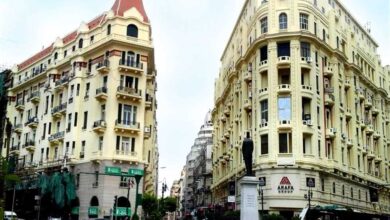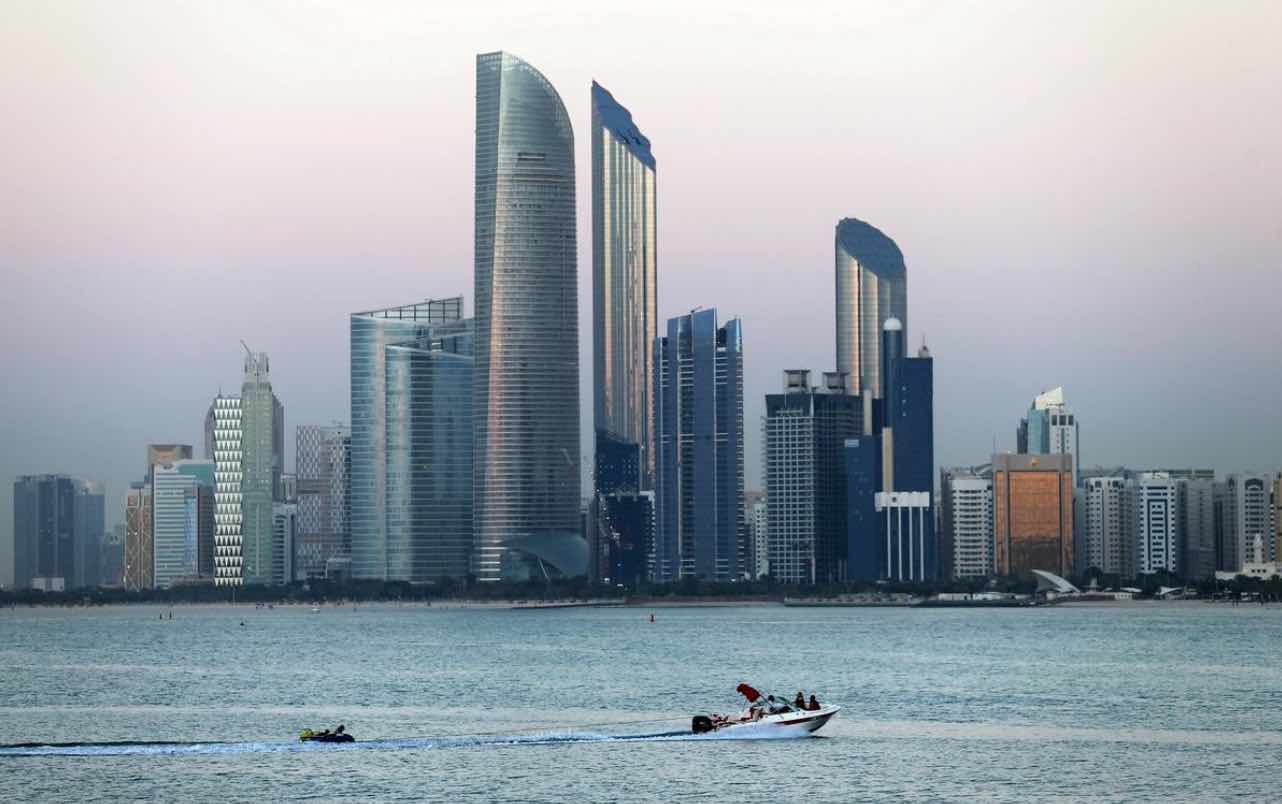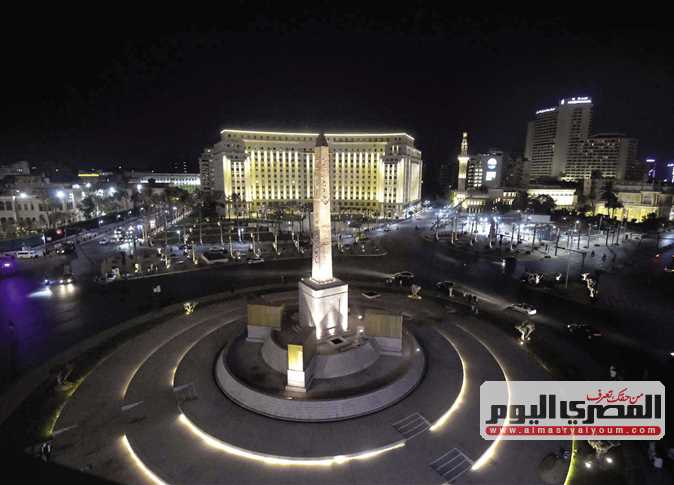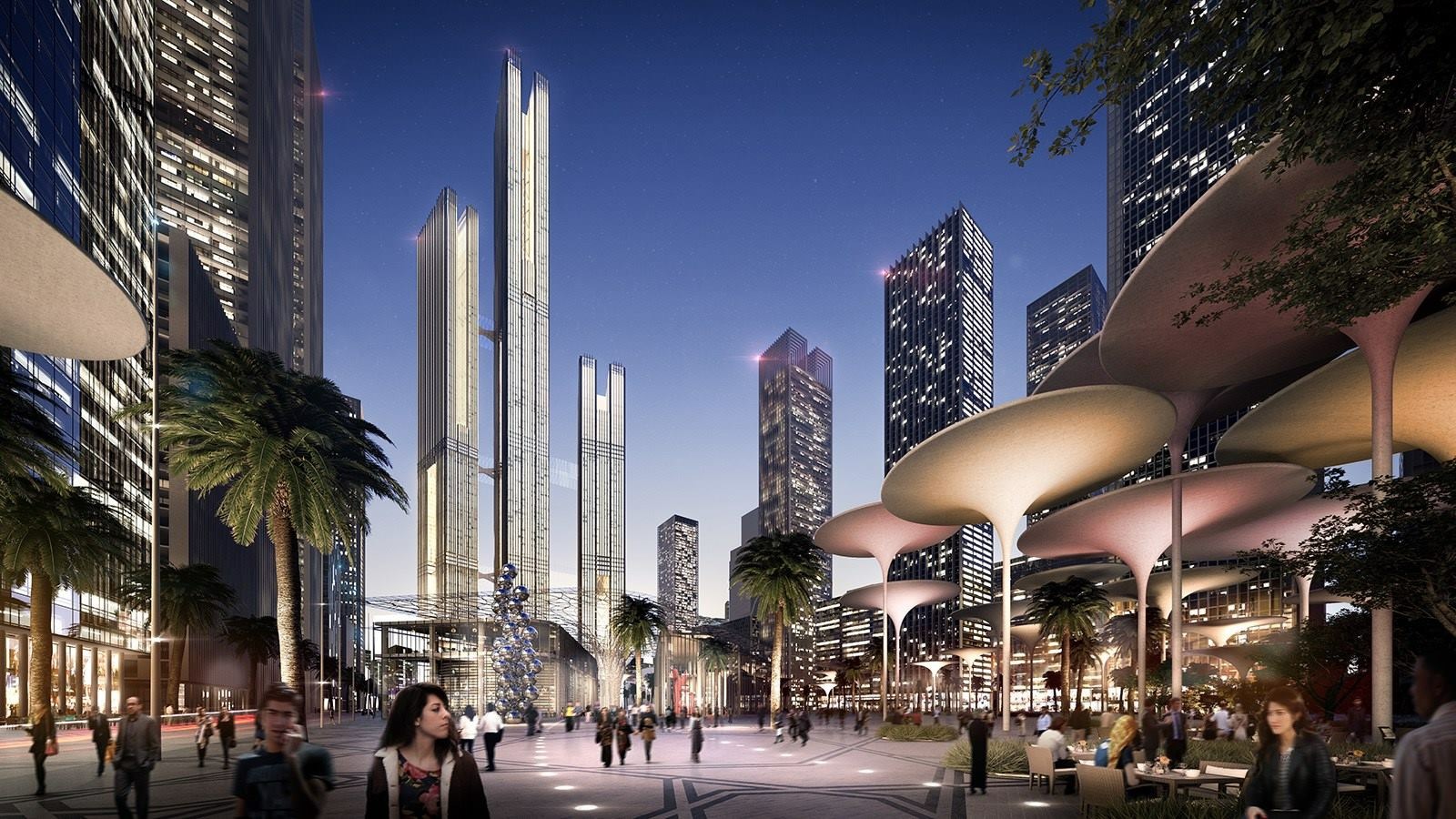Cairo faces many pressing urban challenges that are common to major cities in the developing world. As with many cities in the Middle East, the demand for fresh water in Cairo already outstrips supply, and many living in informal settlements have long lacked basic water and sanitation services. Cairo’s air pollution resembles that of other gray-skied megacities, like Beijing and Mexico City, which causes thousands of preventable deaths and lung ailments every year. Cairo may one day approach the population density of São Paulo, the homelessness of Nairobi, the traffic fatalities of Mumbai, and the waste mismanagement of Jakarta.
While these social and environmental challenges in Cairo are alarming, it is not impossible to effectively control them. There are many cases around the world of public interest urban initiatives moving forward. In Phnom Penh, after hundreds of low-income homes were flooded, the Coalition on Housing Rights and Evictions convinced the World Bank to review its tenure policies. In Dhaka, the Amrao Manush federation of NGOs and government agencies is upgrading informal housing and utilities for thousands of pavement dwellers. In South African cities preparing for World Cup 2010, Abahlali baseMjondolo, a shackdwellers movement, has used the courts and public awareness campaigns to resist eviction orders against the urban poor.
Such bold projects remind us that policy alternatives for Cairo’s infrastructure are too important to be entrusted only to specialists. What are the politics of Cairo’s urban development? And what will the future hold?
In finding an answer to these questions, one must avoid two assumptions that quietly support the undemocratic status quo in Cairo. At one extreme, there is the paralysing myth that globalization either delivers or destroys progress irrespective of local partners. At the other, there is the “local trap” of assuming that Cairo is fundamentally distinct from other places in Egypt or abroad due to its history, culture, or size.
Currently, vast resources are expended by public and private entities to support development projects benefiting the elite, and many of these resources could be channeled differently. The deregulation of finance and property markets in the 1990s enabled massive foreign investment and speculation in Egyptian real estate. Whereas “desert cities” and tourist infrastructure captured development spending in the past, today the government’s alliance with business elites is most evident in the creation of new suburban developments.
A British firm developing properties in the “Centreville” section of New Cairo exemplifies this trend. On its website, the firm claims its Rivoli condominium complex “recaptures the spirit of Parisian architecture that made downtown Cairo so appealing, walkable and enjoyable as a place of residence.” Listed at prices of 210 to 330 times that of the average annual Egyptian income, luxury properties like this are fast becoming monuments to Cairo’s lost opportunities for urban development precisely in places like Downtown.
Development misses opportunities when it substitutes discussions of technical strategy–such as microfinance, cash transfers, the rule of law, and good governance–for a frank conversation about whose interests should be represented in urban planning.
After all, the concept of “human development” has been embraced by the National Organization for Urban Harmony, which operates under the Ministry of Culture. This body now enjoys quasi-legal powers to govern the architecture and aesthetics of the Downtown area and is managing a competition between firms offering new designs for Ramses Square. Surely traffic congestion in Ramses Square should be relieved, but is a closed-door competition juried by specialists the best way to realize “human development” principles?
A far more regressive approach to urban development arose in last year’s pig cullings. Though scientists advised against them, the Ministry of Health ordered the cullings anyway, citing first a concern with the H1N1 virus, then just a “general health concern,” and finally suggesting that new farms and employment schemes would be developed later. The Ministry of Health effectively caused a new public health problem, as rotting organic waste which used to be eaten by the pigs accumulated in the summer heat across countless neighborhoods that no longer received informal collection services. When pig farmers and waste collectors demanded compensation and accountability for the cullings, only the police seemed to notice.
Many people working in NGOs, community organizations, social and political movements, planning firms, development agencies, and local government are advocating for more democratic planning processes. To do otherwise in Cairo today would presume that urban development should only serve the elite.




